Le Baccanti di Euripide, andate in scena per la prima volta solo dopo la morte del loro poeta (406 a.C.), possono essere considerate una sorta di testamento spirituale del poeta, non solo perch� sono la sua ultima tragedia, ma anche perch� sembra possibile una lettura metateatrale della trama, dove quasi tutti i protagonisti si travestono da altri: il protagonista Dion�so � vestito da �straniero�, l�indovino Tiresia e il vecchio re Cadmo da seguaci di Dion�so, con tutti i corredi richiesti da questo culto, Pent�o da �baccante�, analogamente alle donne di T�be (tra cui Agave, sua madre), che precedentemente avevano opposto resistenza al dio. Si tratta di un testo assai complesso, di cui � ancora irrisolta un'univoca interpretazione, e che condensa in s� l'insieme di meccanismi drammaturgici fondanti il teatro antico, che vengono messi a tema in vista dell'interpretazione. La tragedia viene affrontata in una nuova traduzione di Ezio Savino, composta per l'occasione di due Laboratori di Drammaturgia Antica dell�Universit� Cattolica del S.C. nel 2006-2007 e 2007-2008. Si tratta di una nuova lettura del testo, caratterizzata dall'aspetto sperimentale: infatti, con assoluta fedelt� all'originale greco, mentre nelle parti dialogate si cerca di valorizzare la vivacit� attuale del 'parlato', l'arcaico canto sacrale del coro delle Baccanti � stato reso attraverso il linguaggio mistico dei canti di Iacopone da Todi, creando cos� anche in traduzione uno stacco tra i canti corali e le parti dialogate (come avveniva per il testo greco, dove i cori erano in dialetto dorico). La traduzione di Ezio Savino � stata rivista e in parte corretta, corredata di didascalie sceniche per il lavoro di messinscena del Corso di Alta Formazione Permanente 2015. L'istruzione attoriale � affidata all�attore Christian Poggioni, con la collaborazione dell�attrice Eri Cakalli, e ad Adriano Sangineto con Lucia Amarilli Sala per le parti musicali e cantate. In ultimo, un pensiero grato e commosso all�amico Ezio Savino che ci ha lasciati qualche mese fa, dopo una lunga malattia affrontata con coraggio ed eroismo. Fino all�ultimo, avevo coltivato la speranza di poterlo coinvolgere nuovamente in un lavoro sulle Baccanti: lo faremo con un�interpretazione necessariamente rinnovata rispetto alla precedente, ma sicuramente fedele all�impostazione ideata insieme nel 2006-2008, sentendolo tra noi. Di seguito pubblico nuovamente le sue note d�introduzione alla traduzione del 2008, Milano (ISU). Tratto dalla Premessa della Curatrice
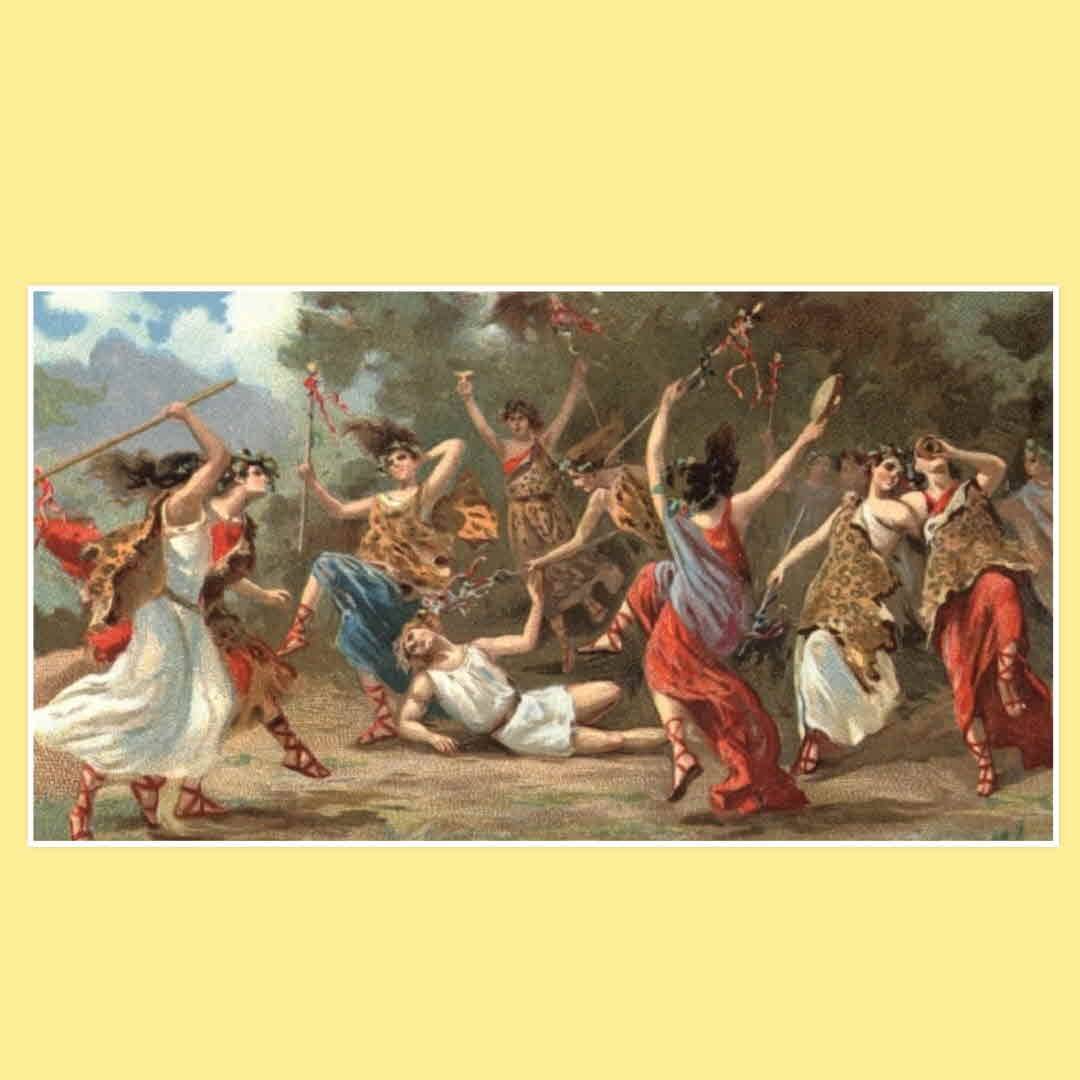








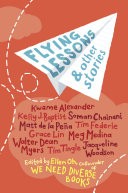


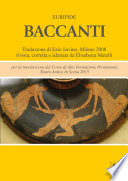








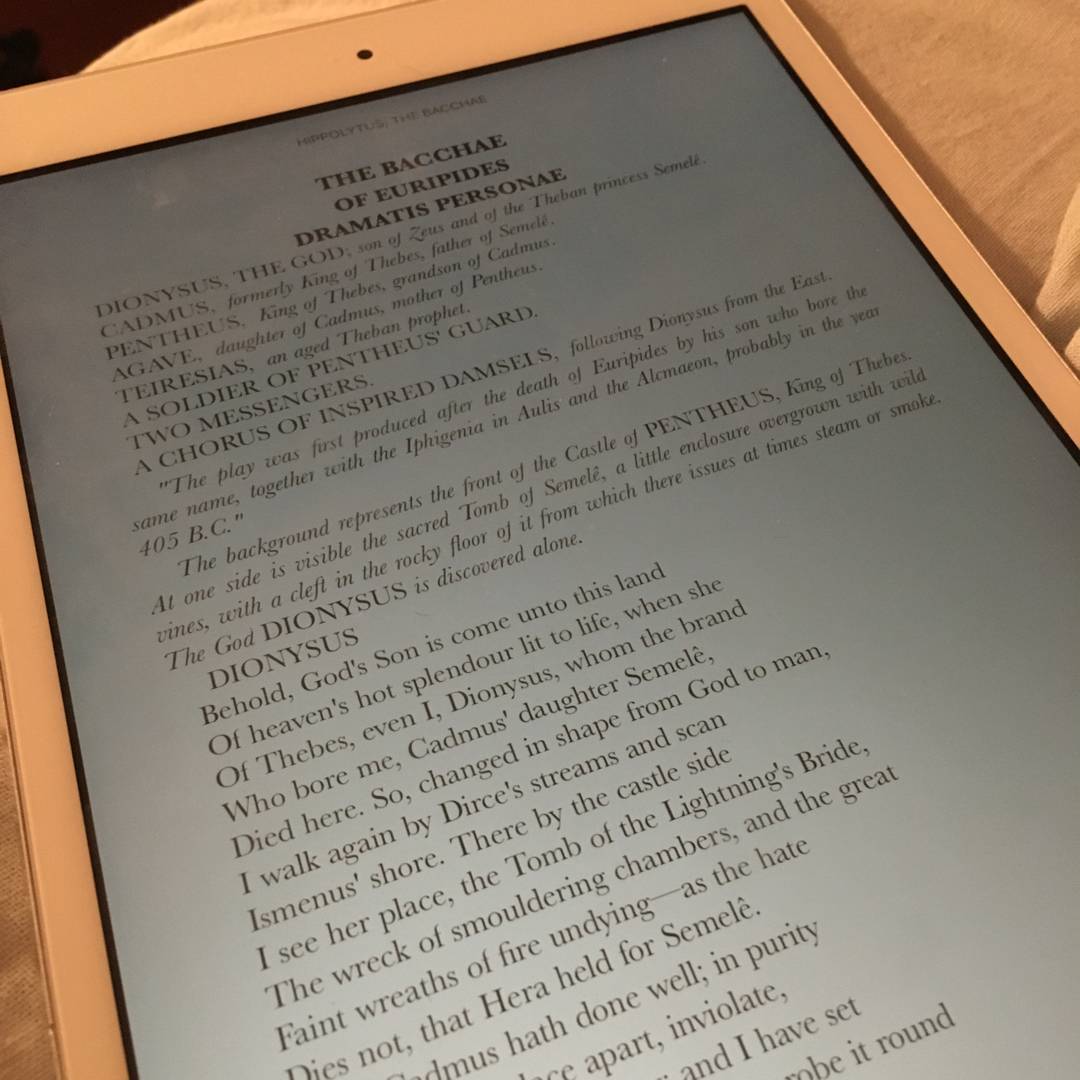

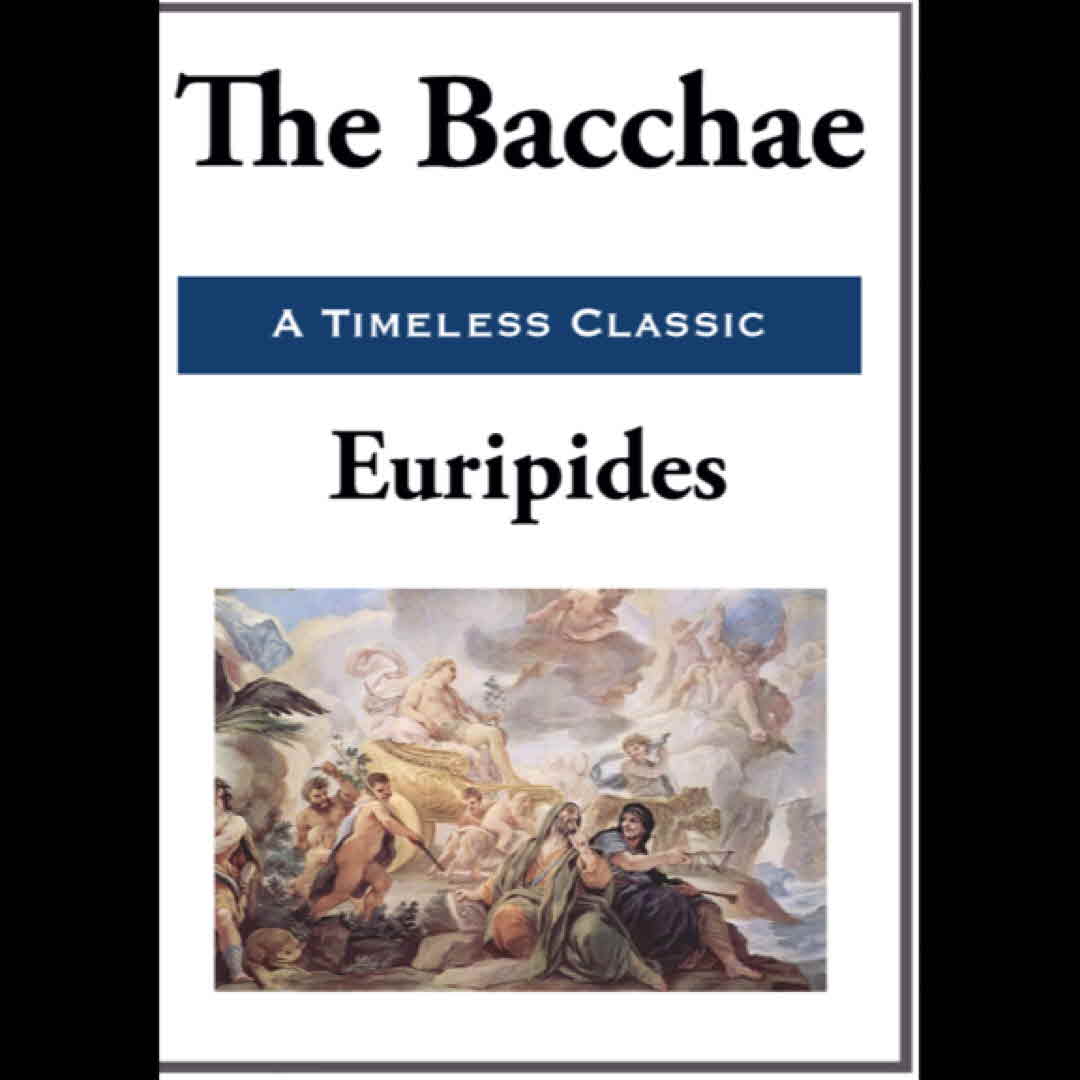
I'm talking too much. I'm glad you enjoyed it. 3y